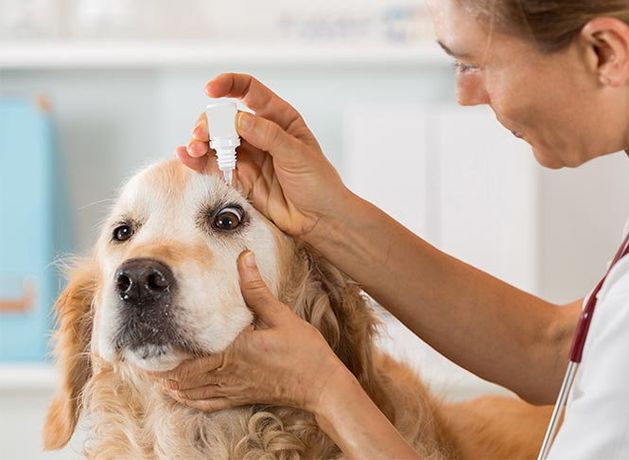The Veterinary Council of Ireland has revealed there are 3,542 veterinary practitioners on their register compared to 2,408 vets registered in 2014. The number of veterinary specialists such as cardiologists, radiologists or reproductive specialists has nearly doubled from 30 in 2014 to 59 currently on the register.
Meanwhile, veterinary nurses have also nearly doubled from 667 a decade ago to 1,206 currently working in practices.
Dr Bill Cashman, who runs a veterinary practice in Cork, said there have been huge leaps forward in pet medicine in recent years.
The number of pet specialists is rising. Photo: Getty/Stock image
“You can get a specialist cardiologist now that can do all sorts of surgery for a condition called the tetralogy of Fallot. It is a major surgery on very, very small babies but now it can be done on dogs,” he said.
“You can put a pacemaker into a dog. In orthopaedics you can have spinal surgery and hip replacements.
“The cancer side has advanced a lot as well, you can get all sorts of chemotherapeutic drugs and radiation.”
The member of the Veterinary Ireland Companion Animal Society said diagnostics for much-loved pets is “as long as your arm”.
“There are some lovely new treatments for skin disease and arthritis, but they’re injections. They’ve given us a big step in treatment.
“Ultrasound, ECGs, X-rays, MRIs, CAT scans are all available now, although much more so in the UK and in America than they would be here.”
People feel guilty putting down a dog at 15 or 16 years of age
However, he said advanced technology means X-rays can be pinged across to specialists around the world.
“If you’re buying a horse, you can have X-rays taken and let’s say the buyer was in America. The X-rays can be sent to the vet there and they look at them and they buy them on that.”
Dr Cashman said he is seeing far more old-age diseases among dogs.
“When I was growing up, if a dog got to five he was called lucky — nowadays people feel guilty putting down a dog at 15 or 16 years of age.
“In the David Attenborough world, out in the wild, most dogs wouldn’t ever make that. Now because dogs are living a lot longer, they’re getting the diseases of old age [such as] cancers and arthritic conditions.
“We’re also tending to see more overweight problems which is linked to arthritis and diabetes.”









